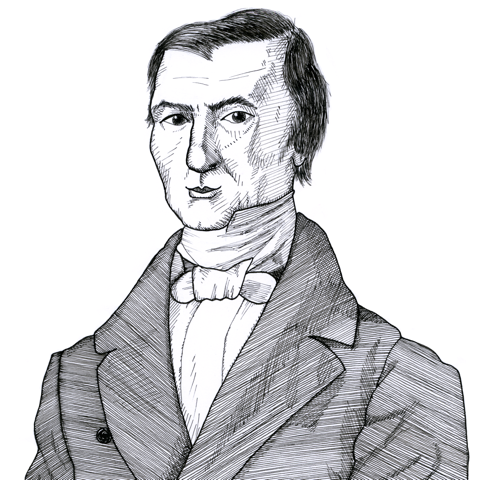
Bastiat on the most universally useful freedom, namely to work and to trade (1847)
In this draft Preface for his major theoretical treatise the Economic Harmonies (1850), the French economist Frédéric Bastiat (1801-1850) argued with himself about his motivation for writing it. He decided on this key feature: that “ the most universally useful (freedom) to mankind … is the freedom to work and to trade”:
Free Trade
Like you I love all forms of freedom; and among these, the one that is the most universally useful to mankind, the one you enjoy at each moment of the day and in all of life’s circumstances, is the freedom to work and to trade. I know that making things one’s own is the fulcrum of society and even of human life. I know that trade is intrinsic to property and that to restrict the one is to shake the foundations of the other. I approve of your devoting yourself to the defense of this freedom whose triumph will inevitably usher in the reign of international justice and consequently the extinction of hatred, prejudices between one people and another, and the wars that come in their wake.